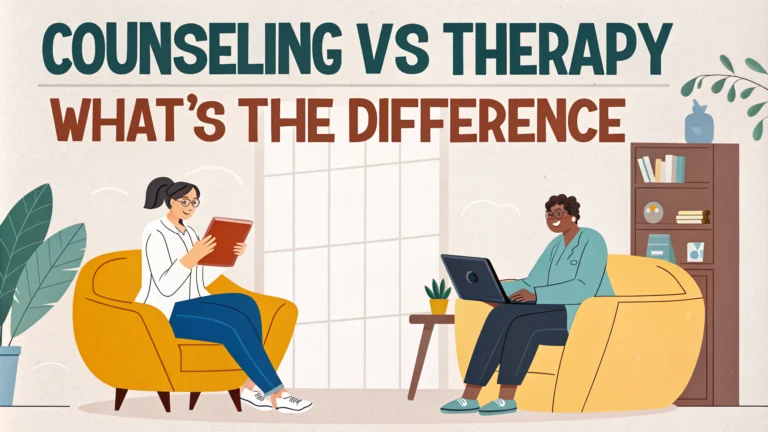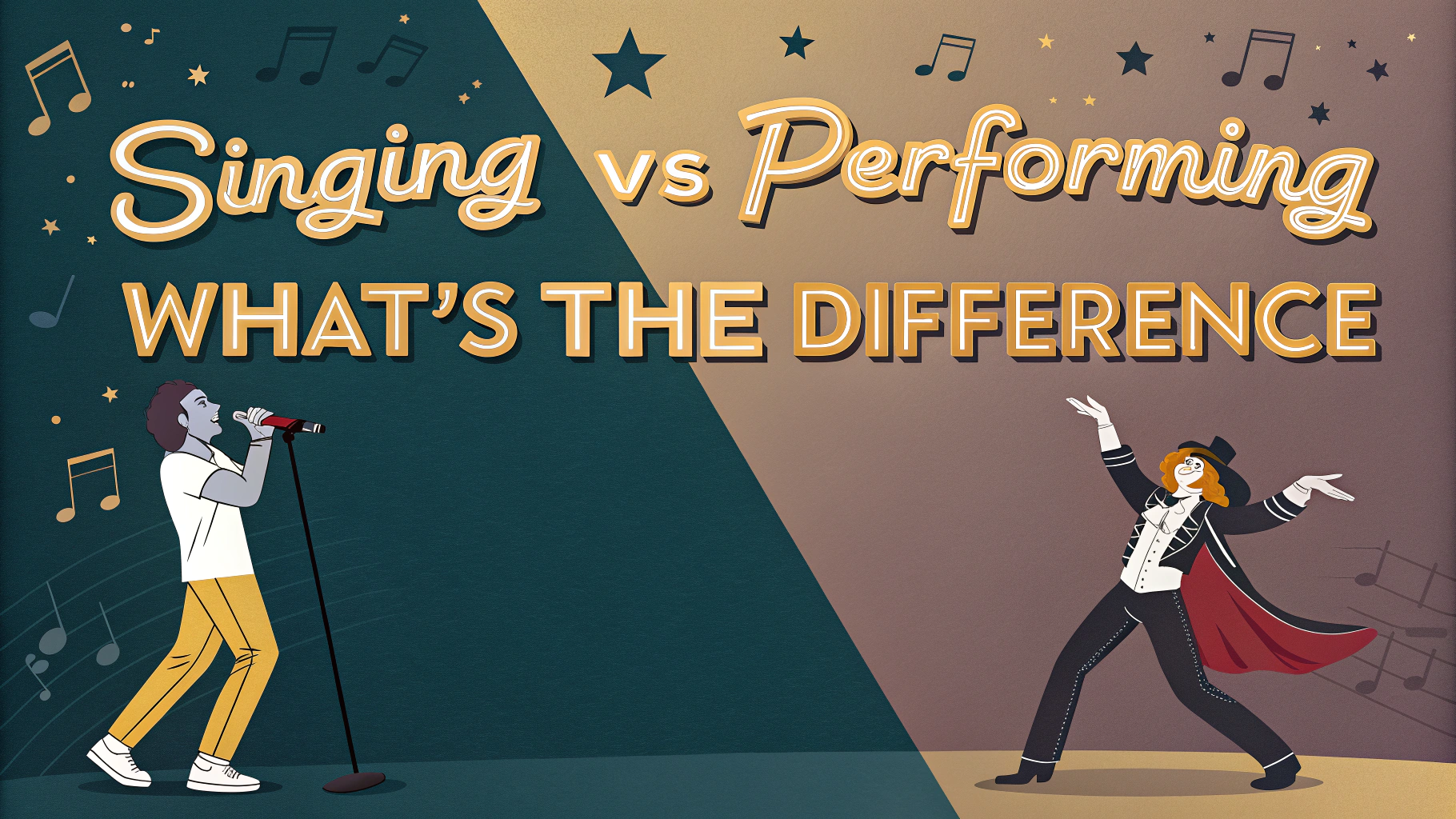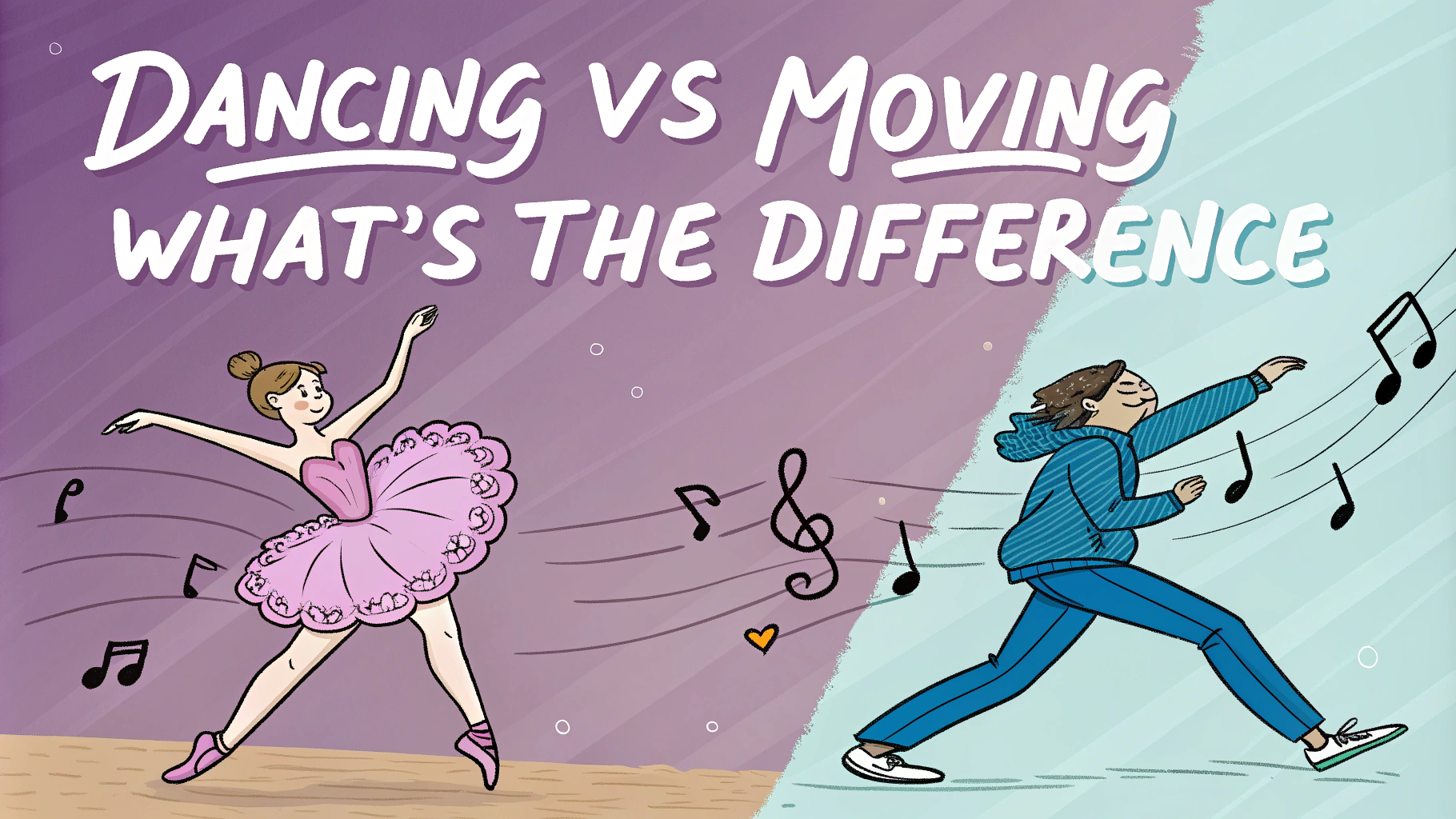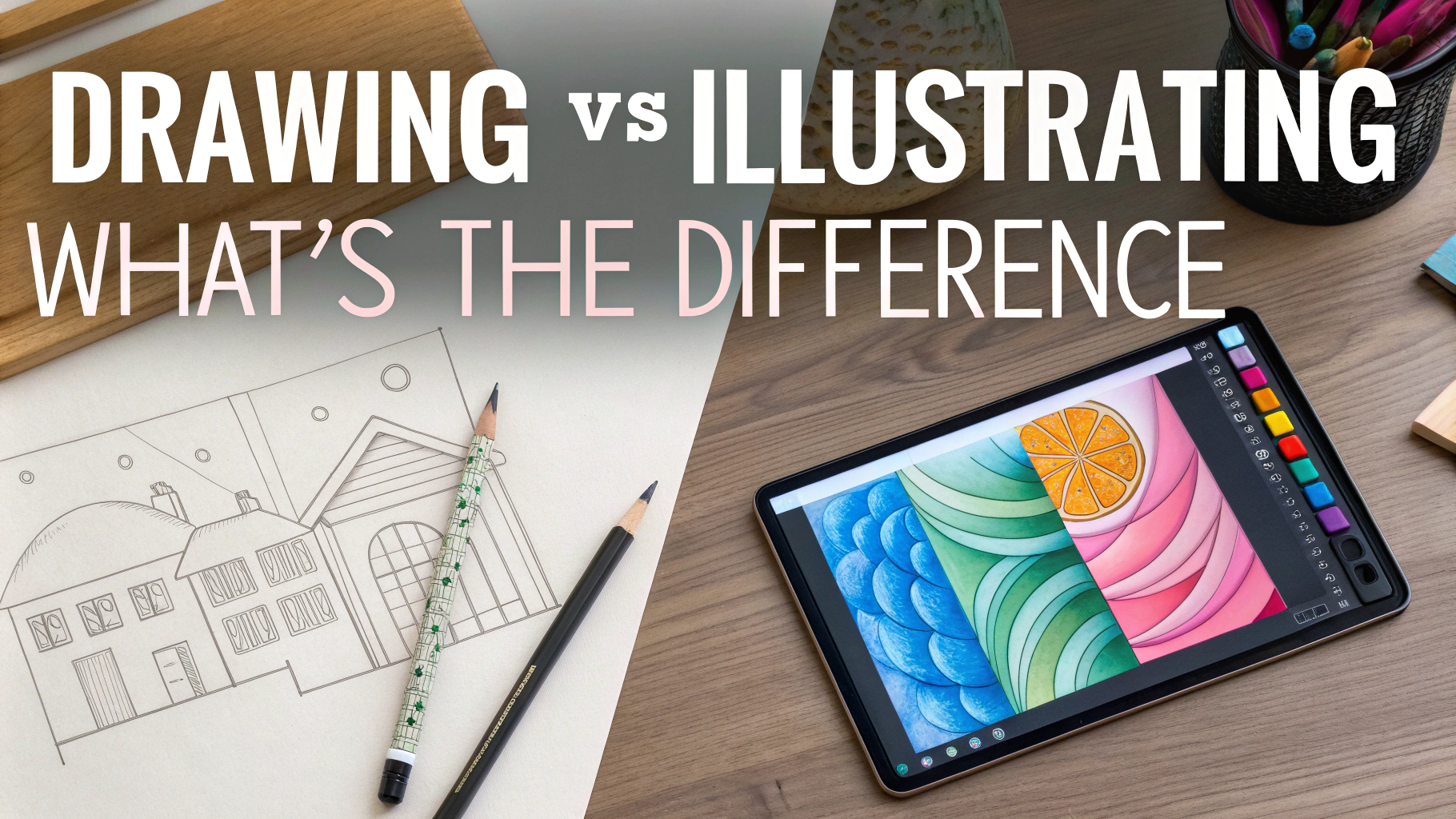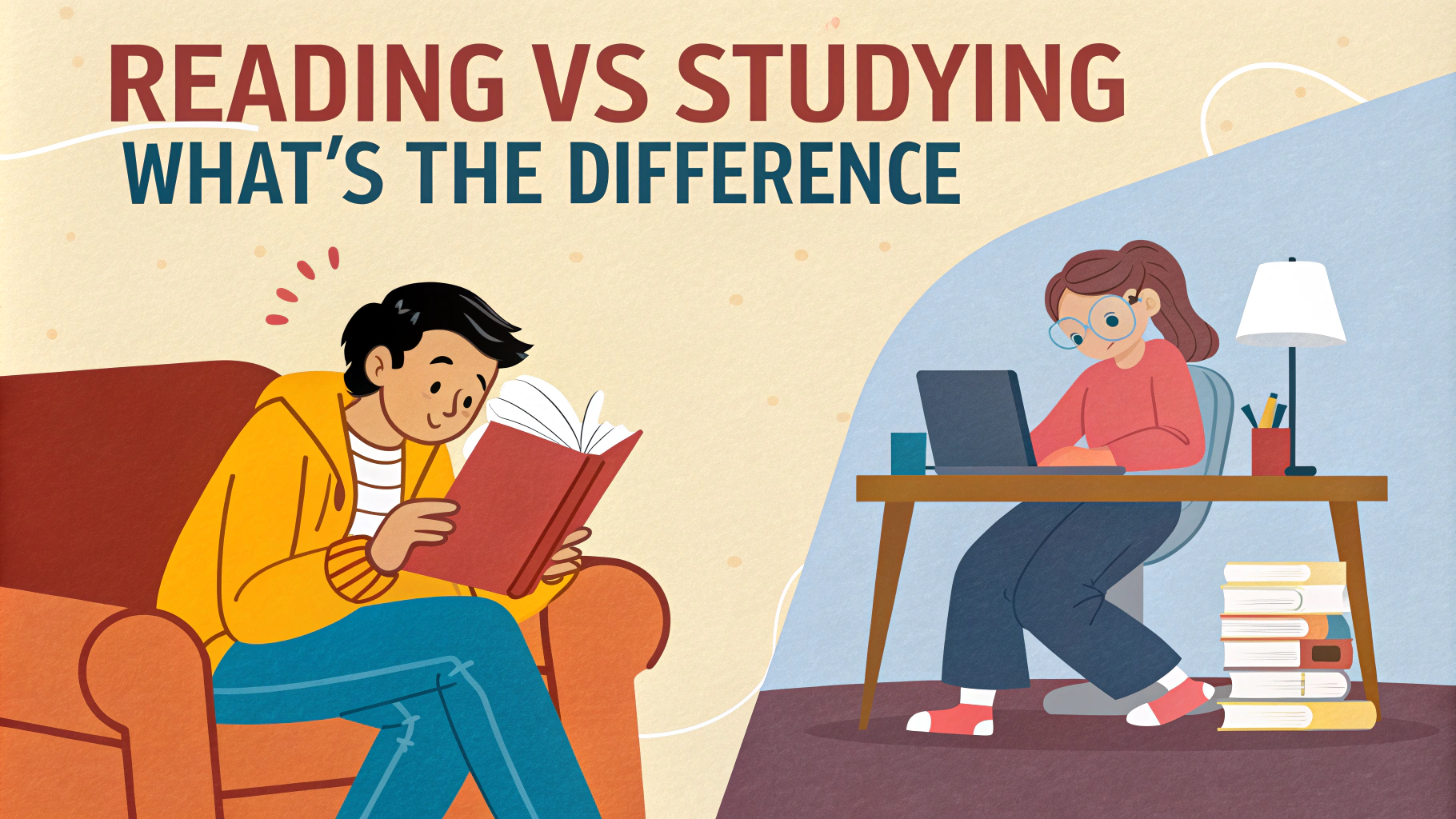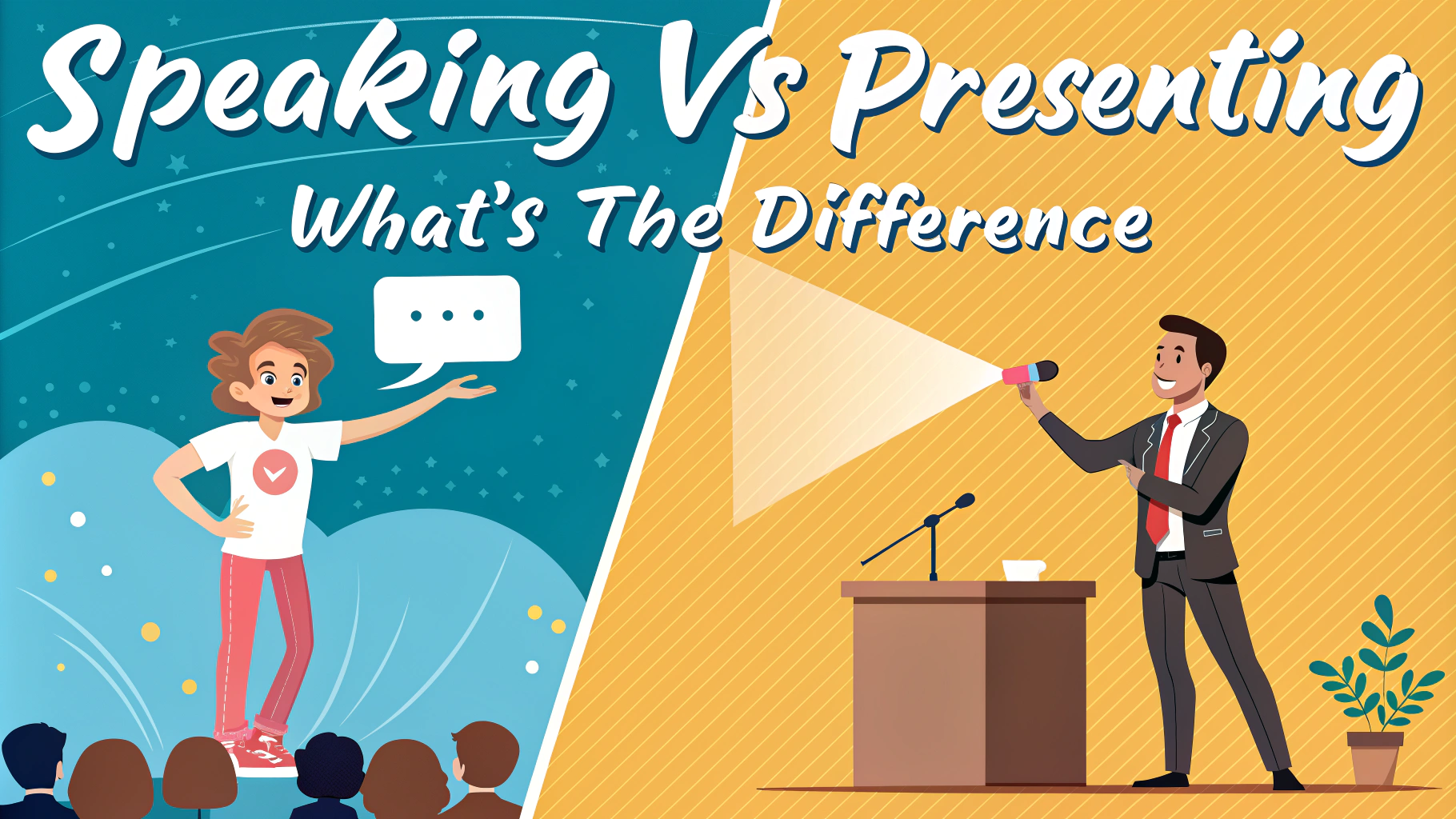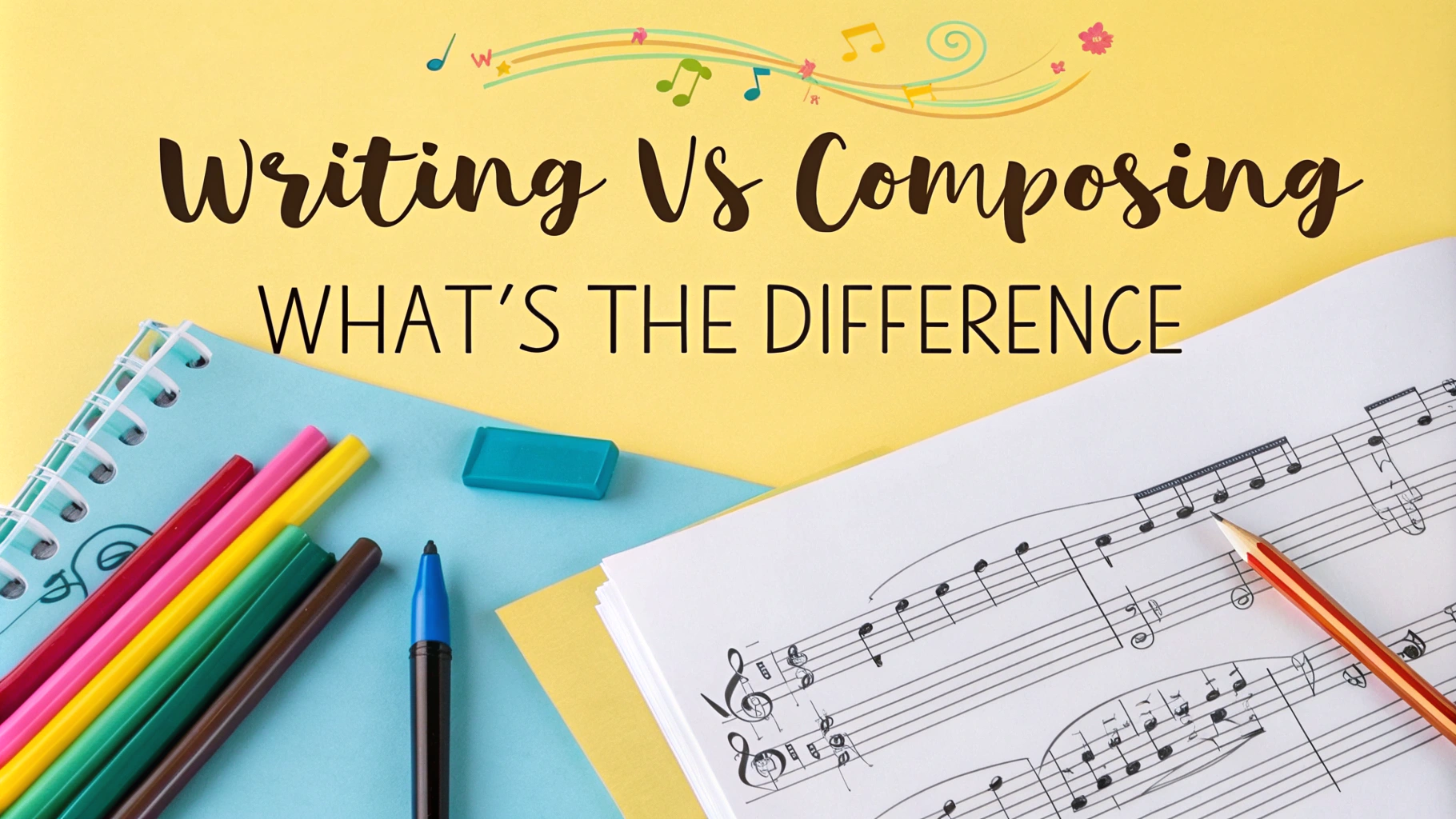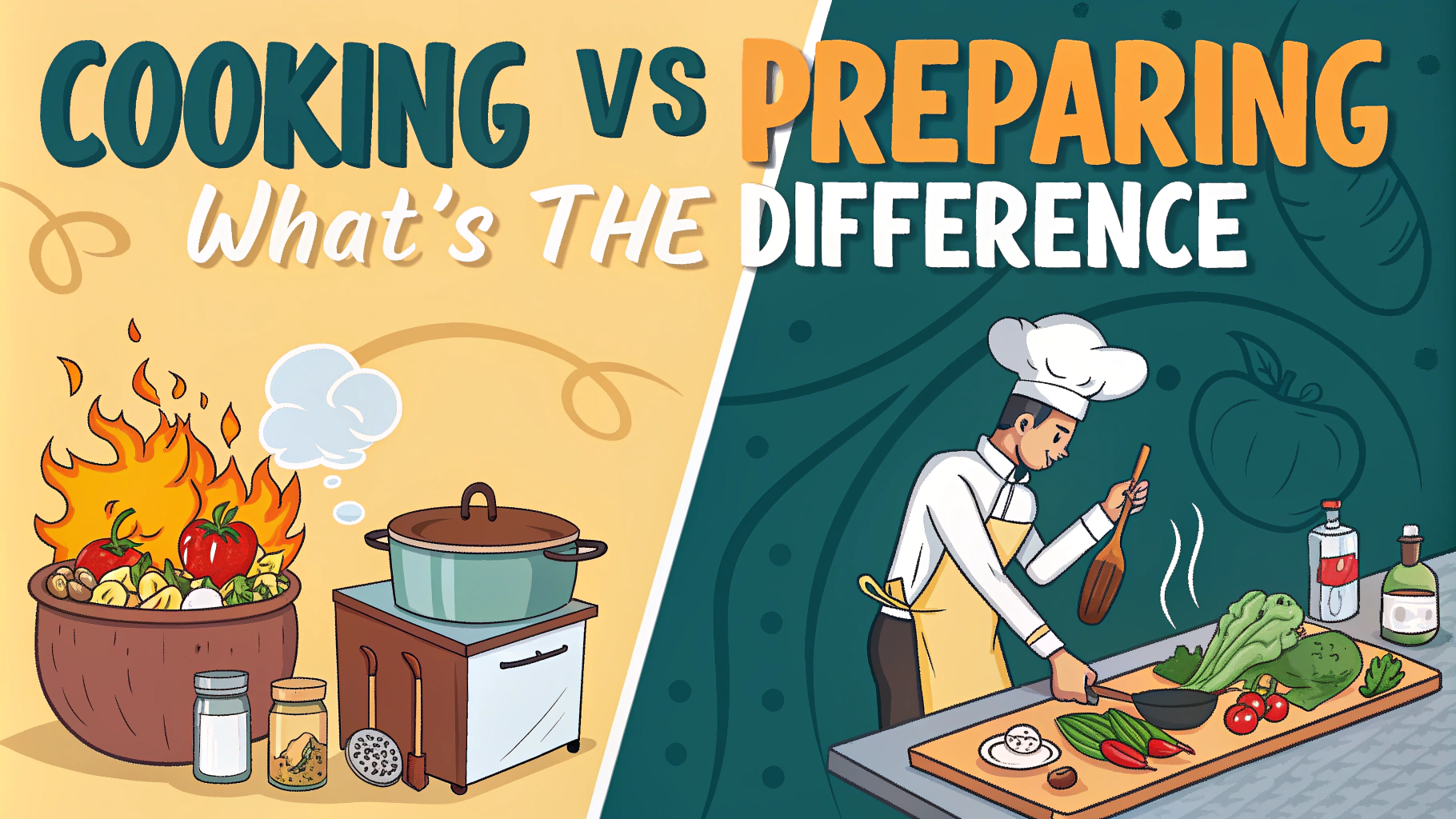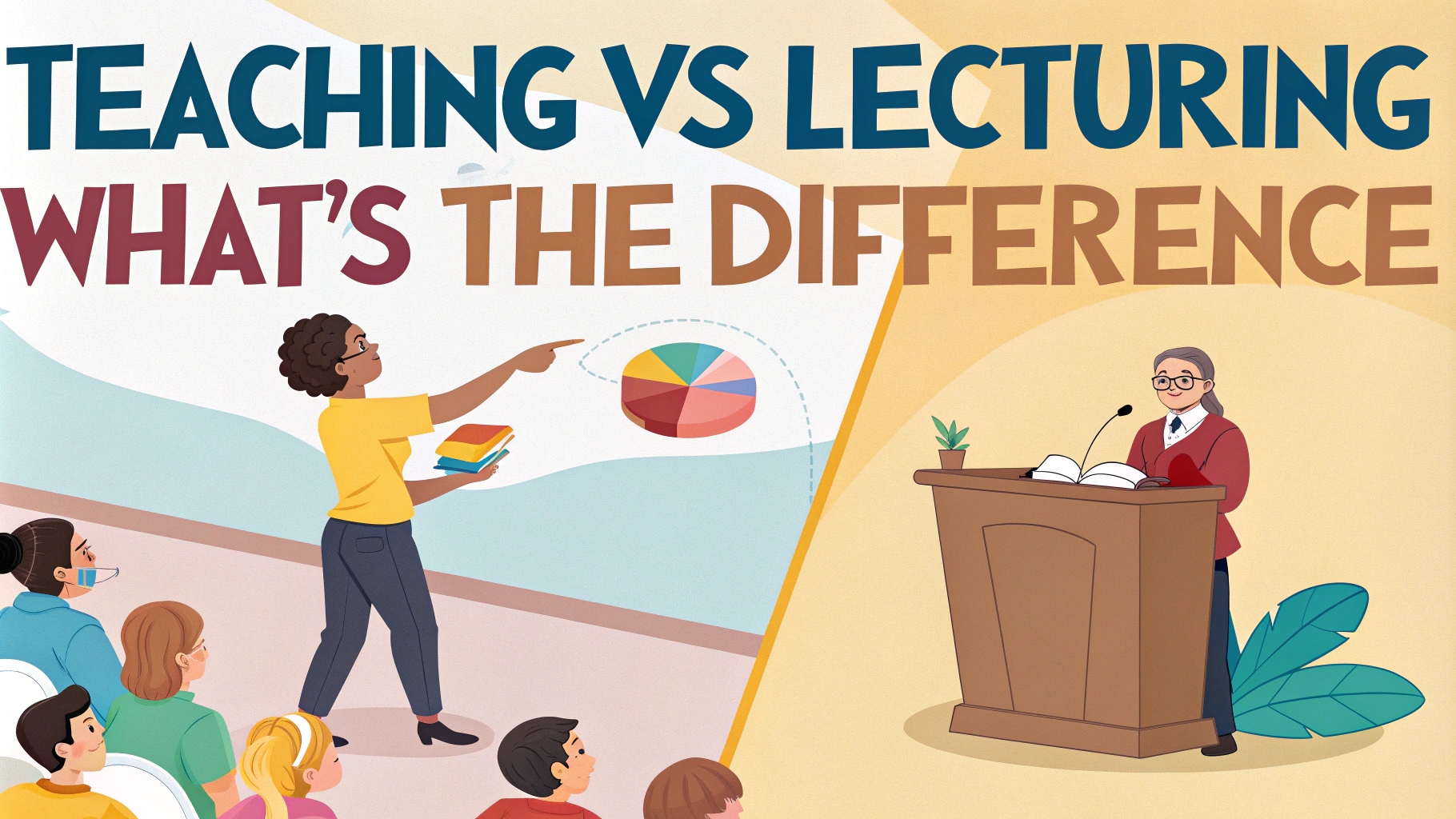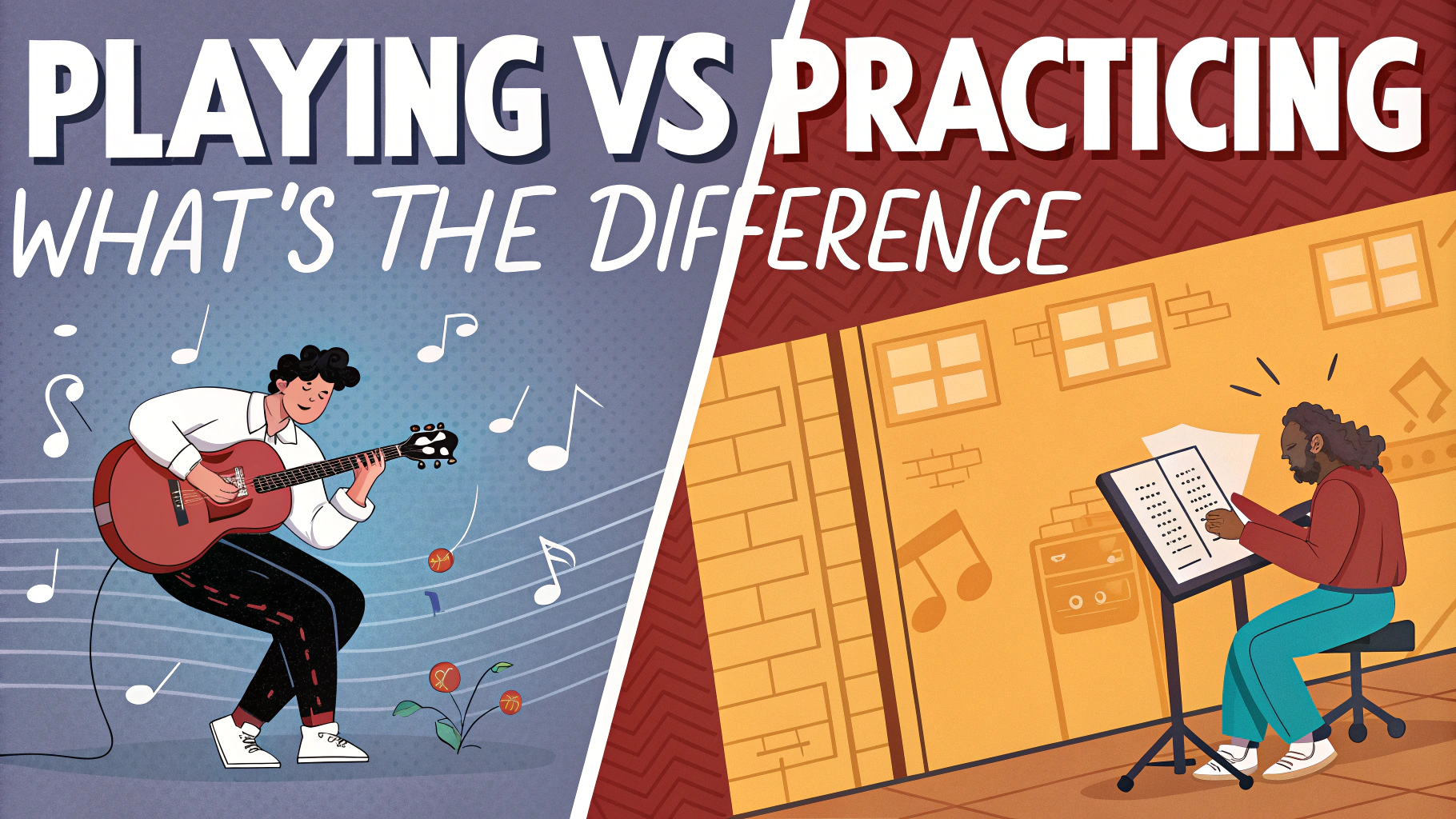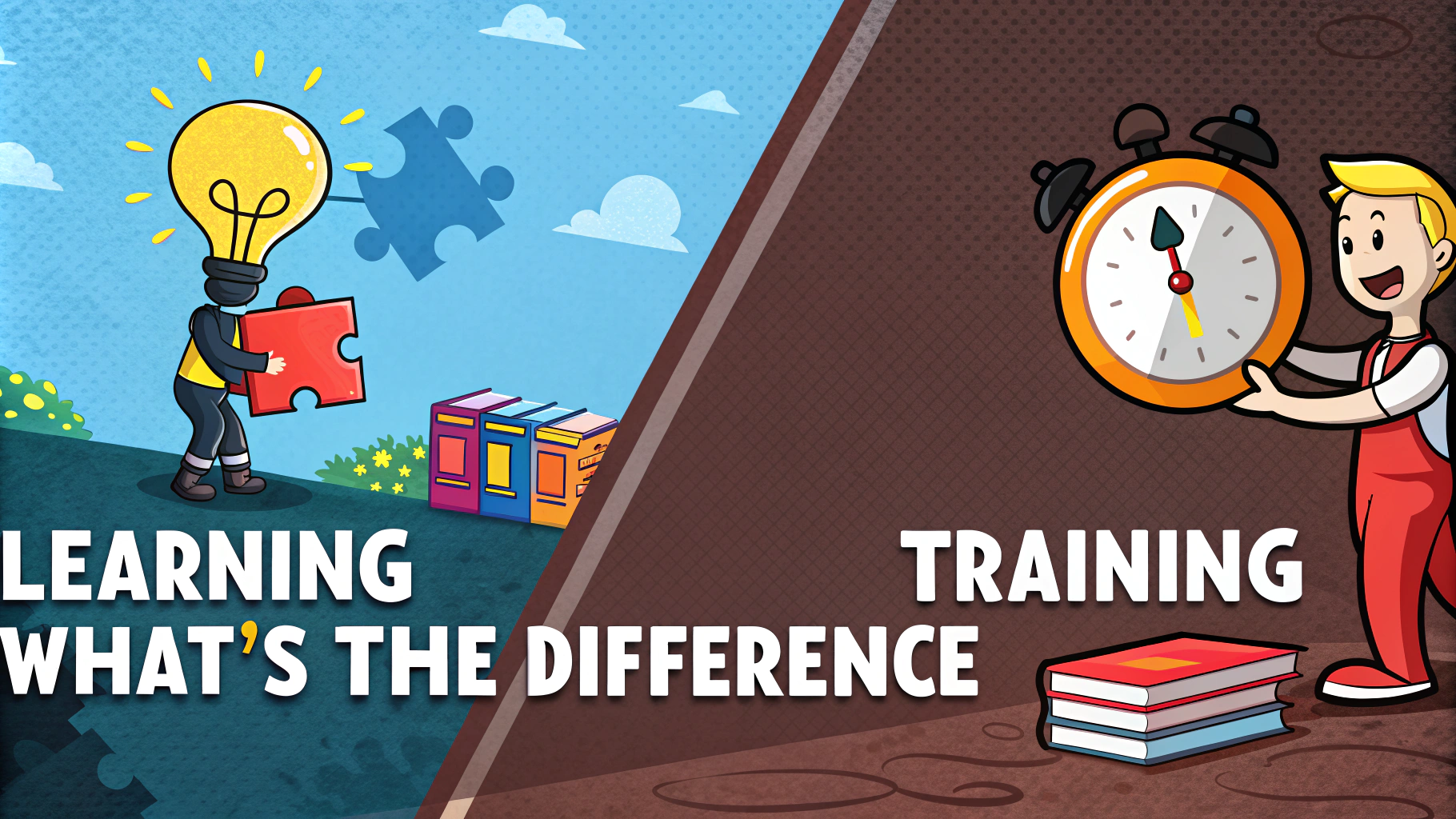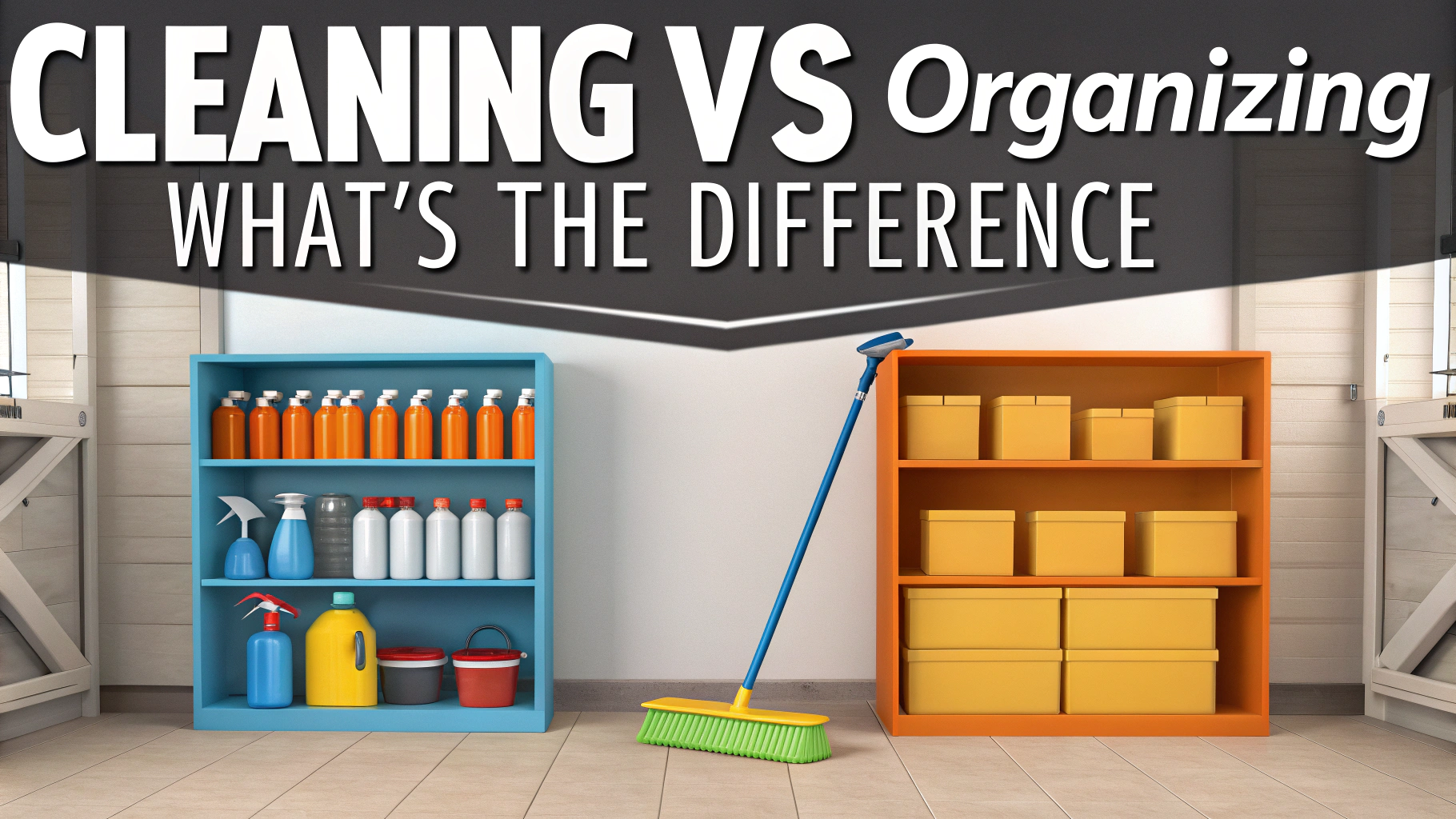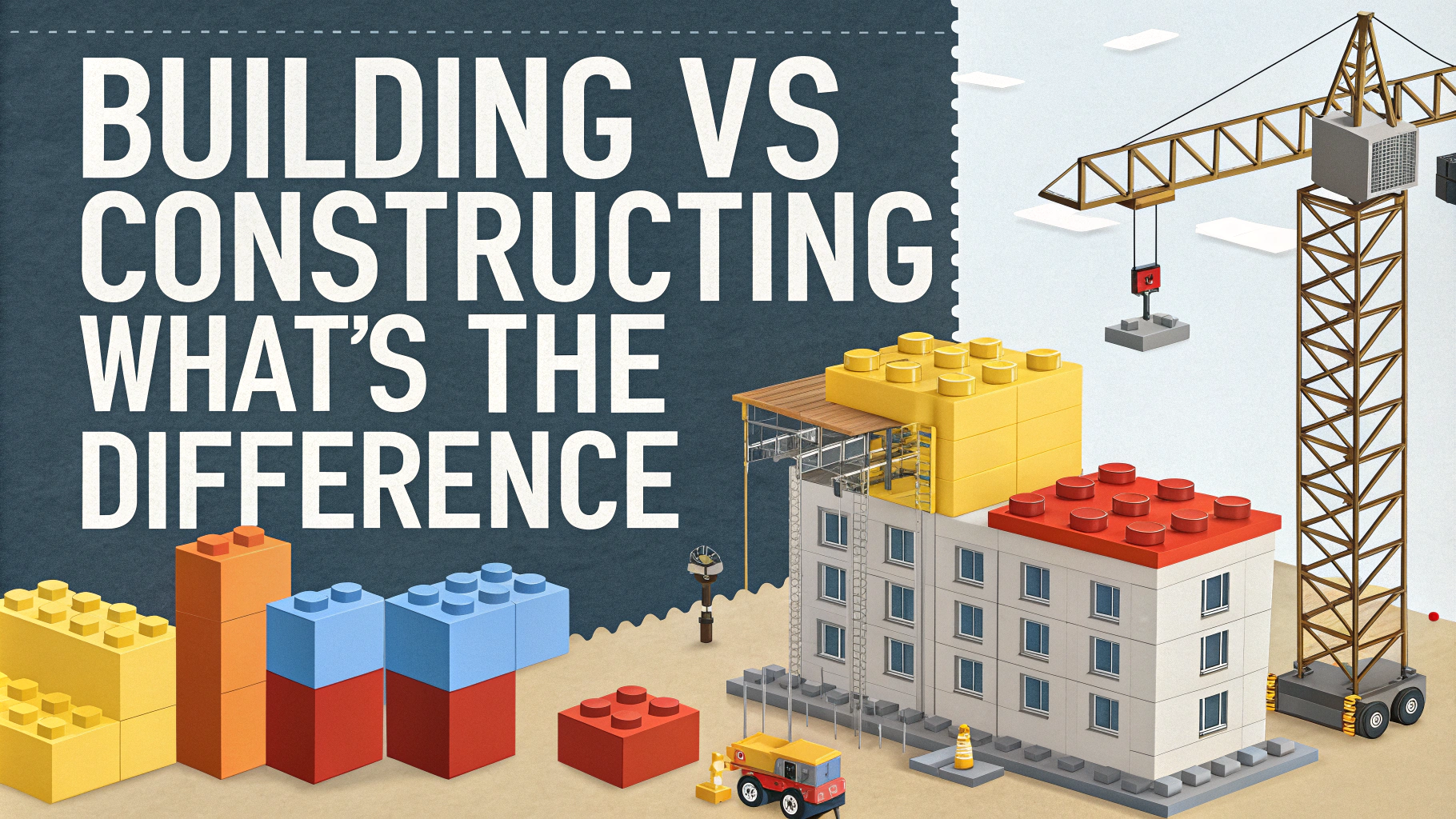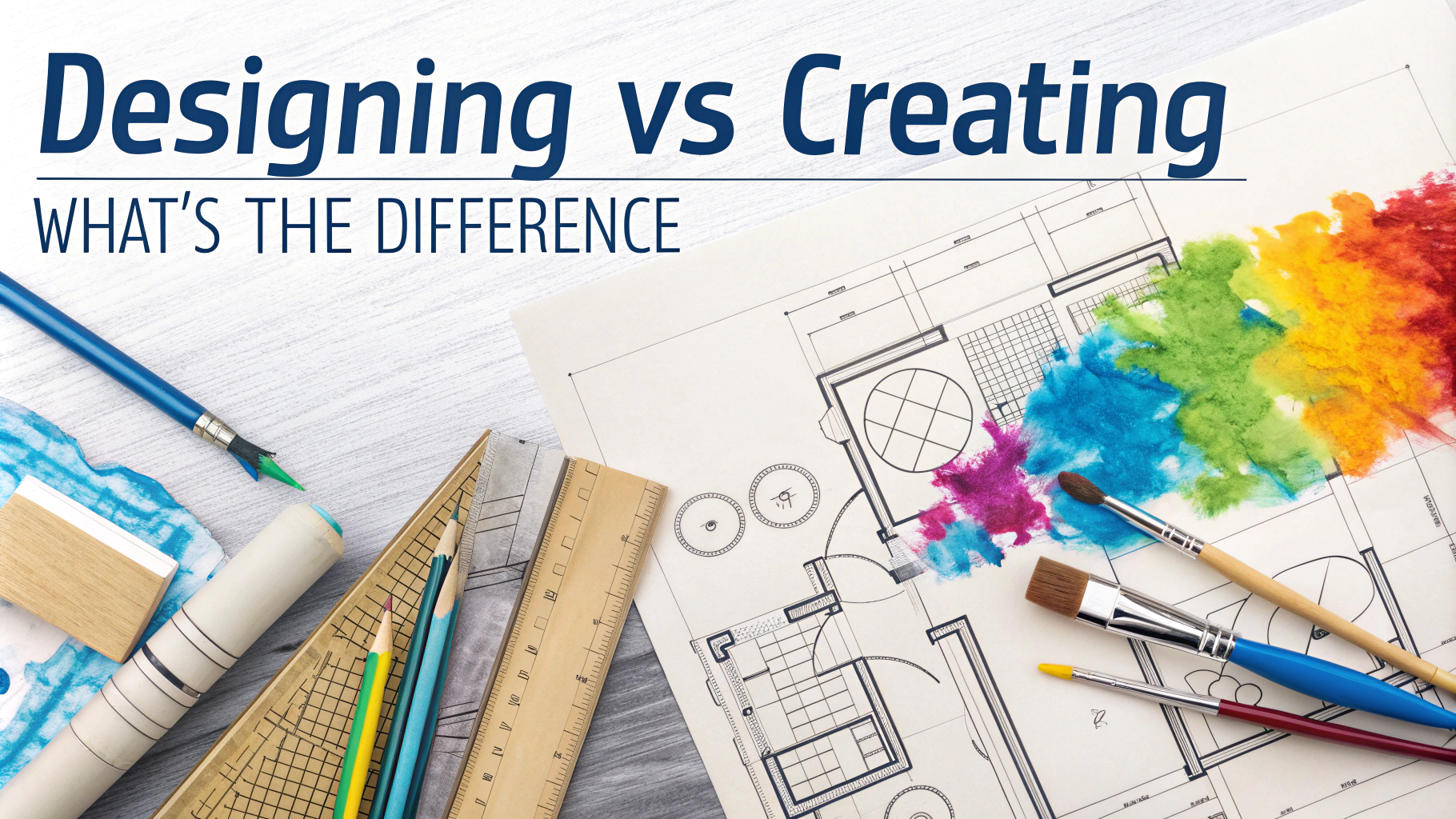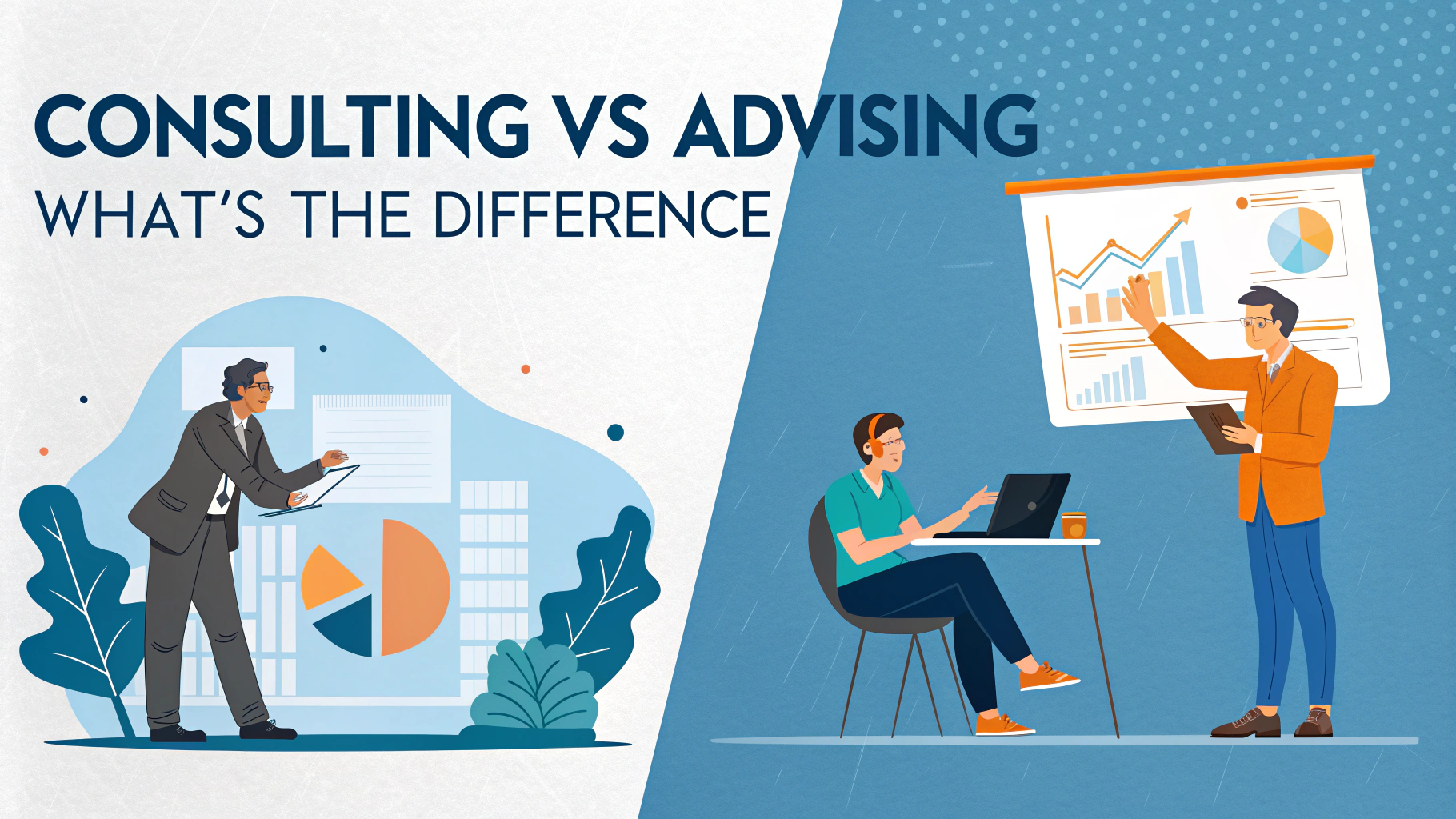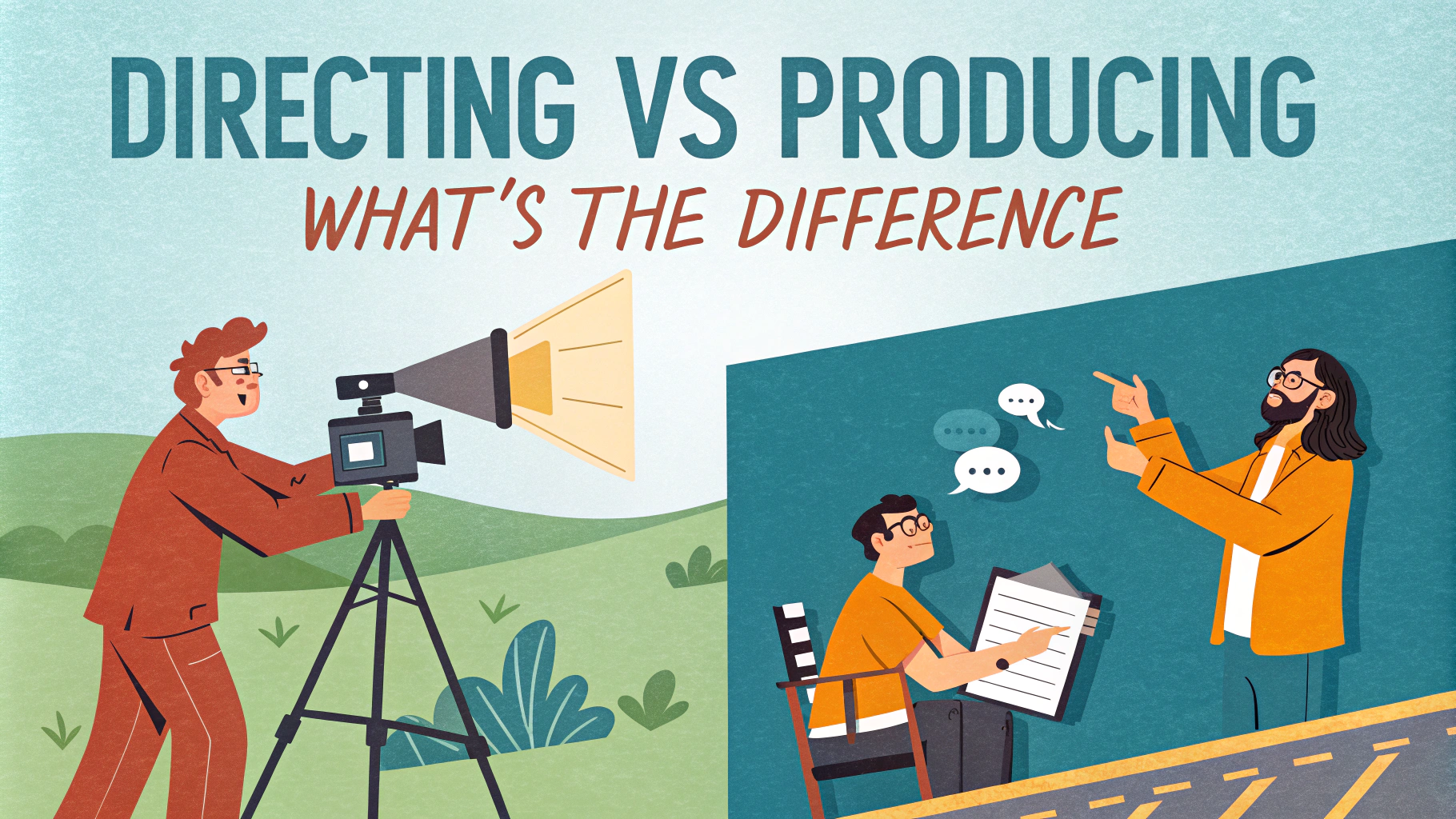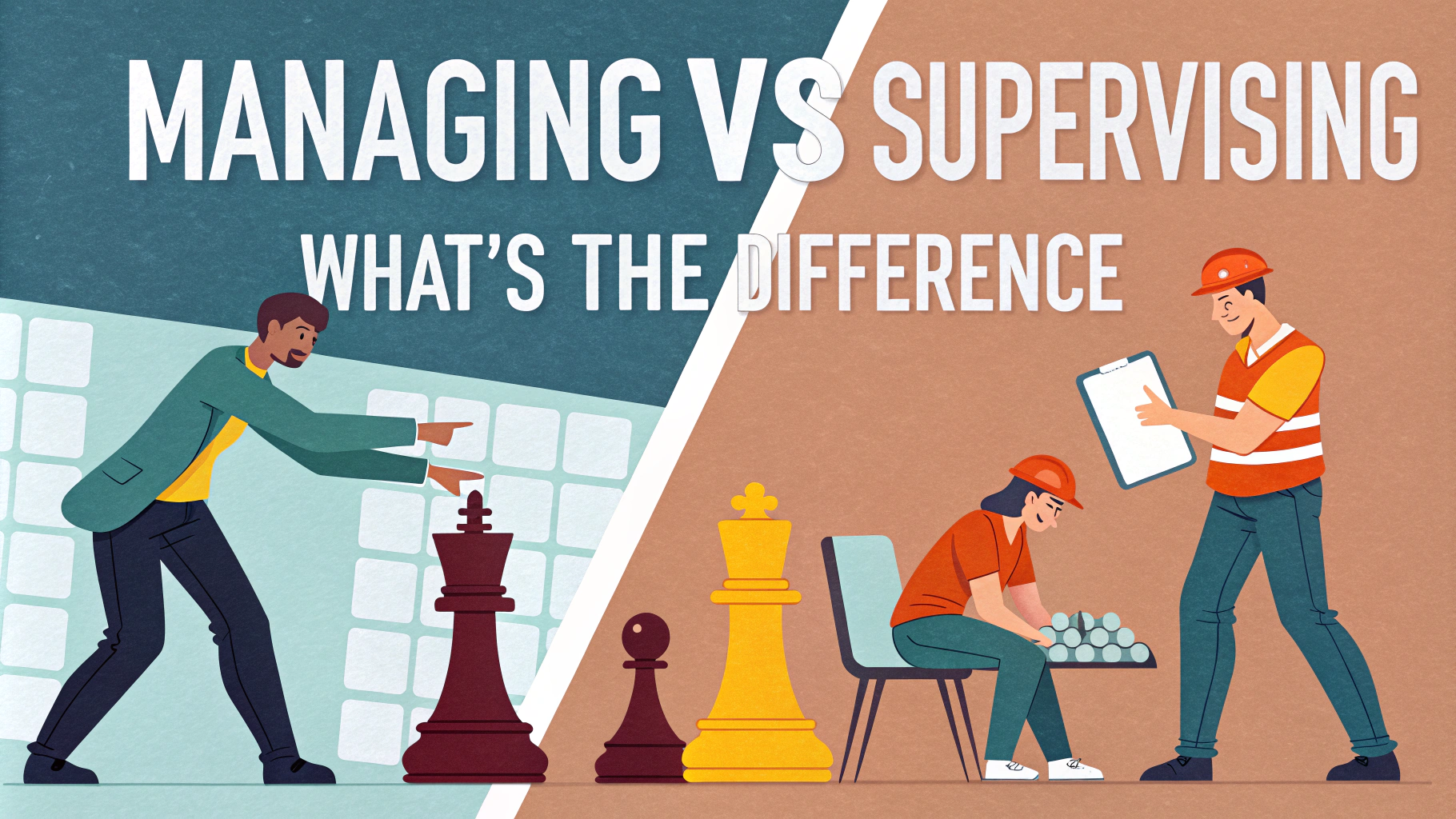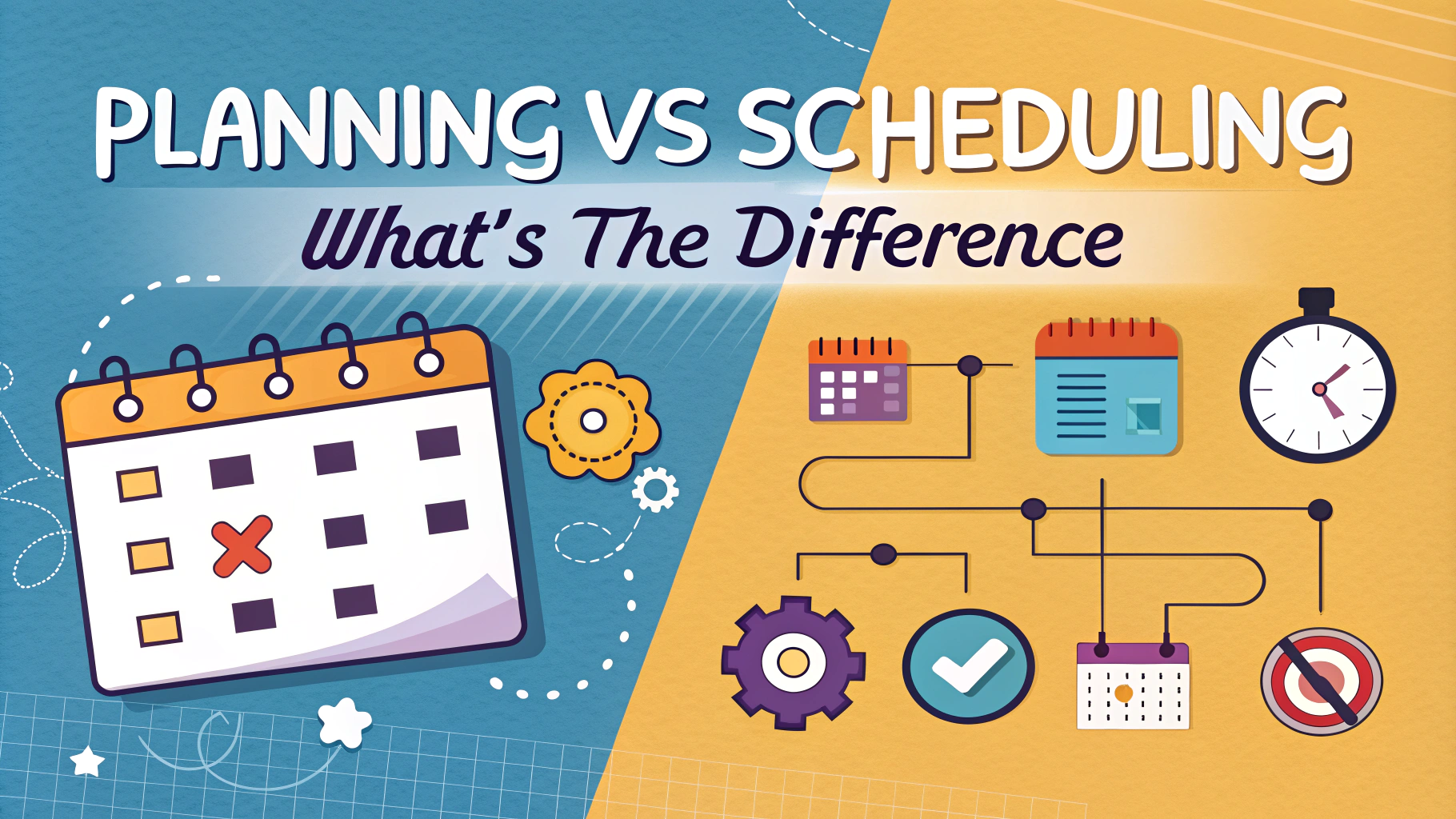Choosing between counseling and therapy can be confusing when seeking mental health support. These two terms are often used interchangeably, but they have distinct differences in approach, duration, and focus.
The decision between counseling and therapy impacts your mental health journey and treatment outcomes. **Understanding these differences** helps you make an informed choice about which option best suits your needs.
Key Differences Between Counseling and Therapy
- **Duration**: Counseling typically focuses on short-term issues (weeks to months), while therapy often addresses long-term concerns (months to years)
- **Approach**: Counselors provide guidance for specific problems; therapists explore deeper psychological patterns
- **Focus**: Counseling tackles present challenges; therapy examines past experiences and their current impact
When to Choose Counseling
| Best For | Examples |
|---|---|
| Specific life changes | Career transitions, relationship issues, grief |
| Short-term challenges | Stress management, conflict resolution |
When Therapy Is More Appropriate
- **Chronic mental health conditions** requiring long-term support
- **Deep-rooted emotional issues** affecting daily life
- **Pattern recognition** in behaviors and relationships
- **Trauma processing** and healing
Choosing the Right Mental Health Professional
Selecting between different types of mental health professionals requires understanding their qualifications and specialties. **Licensed professionals** include psychologists, psychiatrists, licensed counselors, and social workers.
Each professional offers different expertise:
| Professional | Services |
|---|---|
| Psychiatrist | Medical treatment, medication management |
| Psychologist | Psychological testing, therapy for complex conditions |
| Licensed Counselor | Talk therapy, behavioral support |
Cost and Insurance Considerations
Mental health support costs vary based on provider type and location. **Insurance coverage** differs for counseling versus therapy services.
Key financial factors:
- Check insurance coverage before starting treatment
- Ask about sliding scale payment options
- Compare session costs between different providers
- Consider online platforms for more affordable options
Signs It’s Time to Switch Approaches
Recognizing when to change your mental health support strategy improves treatment outcomes. **Watch for these indicators**:
- Limited progress after several sessions
- New symptoms or concerns emerging
- Communication challenges with current provider
- Changes in your treatment needs or goals
Next Steps for Mental Health Support
Taking action toward mental health support starts with small, manageable steps:
1. **Assess your needs** using the information provided
2. **Research providers** in your area
3. **Contact your insurance** provider about coverage
4. **Schedule initial consultations** with potential providers
> “Finding the right mental health support takes time and patience. Start with understanding your needs and options.”
Remember that both counseling and therapy serve valuable purposes in mental health care. Choose the option that aligns with your current needs and circumstances.
FAQs About Counseling vs Therapy
General Questions
Q: What’s the main difference between counseling and therapy?
A: Counseling typically focuses on specific issues and practical solutions over a shorter time period, while therapy deals with deeper patterns, complex issues, and long-term changes in thinking and behavior.
Q: Does insurance cover both counseling and therapy?
A: Most health insurance plans cover therapy, especially from licensed psychotherapists. Counseling coverage varies depending on the provider and type of counseling.
Q: Which is better for treating depression – counseling or therapy?
A: Therapy, particularly cognitive behavioral therapy (CBT) or psychotherapy, is typically more appropriate for treating depression due to its comprehensive approach and focus on underlying causes.
Specific Treatment Questions
Q: Can marriage problems be solved with counseling or do I need therapy?
A: Marriage counseling is often sufficient for relationship issues. However, if individual trauma or mental health issues are present, couples therapy might be more appropriate.
Q: What type of professional handles grief – a counselor or therapist?
A: Both can help with grief. Grief counselors focus on the immediate loss and coping strategies, while therapists might address deeper emotional patterns or complicated grief.
Qualification and Cost Questions
Q: What qualifications do counselors vs therapists need?
A:
- Therapists require state licensure and typically hold advanced degrees (Masters or Doctorate)
- Counselors often need certification but requirements vary by state and specialty
Q: Which costs more – counseling or therapy sessions?
A: Therapy typically costs more, ranging from $100-200 per session. Counseling sessions often range from $50-100, but prices vary by location and provider.
Treatment-Specific Questions
Q: Is anxiety better treated with counseling or therapy?
A: Both can help anxiety:
- Counseling: Good for situational anxiety and stress management
- Therapy: Better for chronic anxiety disorders and deep-rooted anxiety patterns
Q: How long do counseling vs therapy sessions typically last?
A: Both typically last 45-60 minutes per session. Counseling often requires 6-12 sessions total, while therapy can extend months or years.
Q: Can I switch from counseling to therapy if needed?
A: Yes, many people start with counseling and move to therapy if deeper issues emerge. Professional counselors often refer clients to therapists when appropriate.
| Service | Focus | Duration |
|---|---|---|
| Counseling | Specific issues, practical solutions | Short-term (weeks to months) |
| Therapy | Deep-rooted issues, behavioral patterns | Long-term (months to years) |

